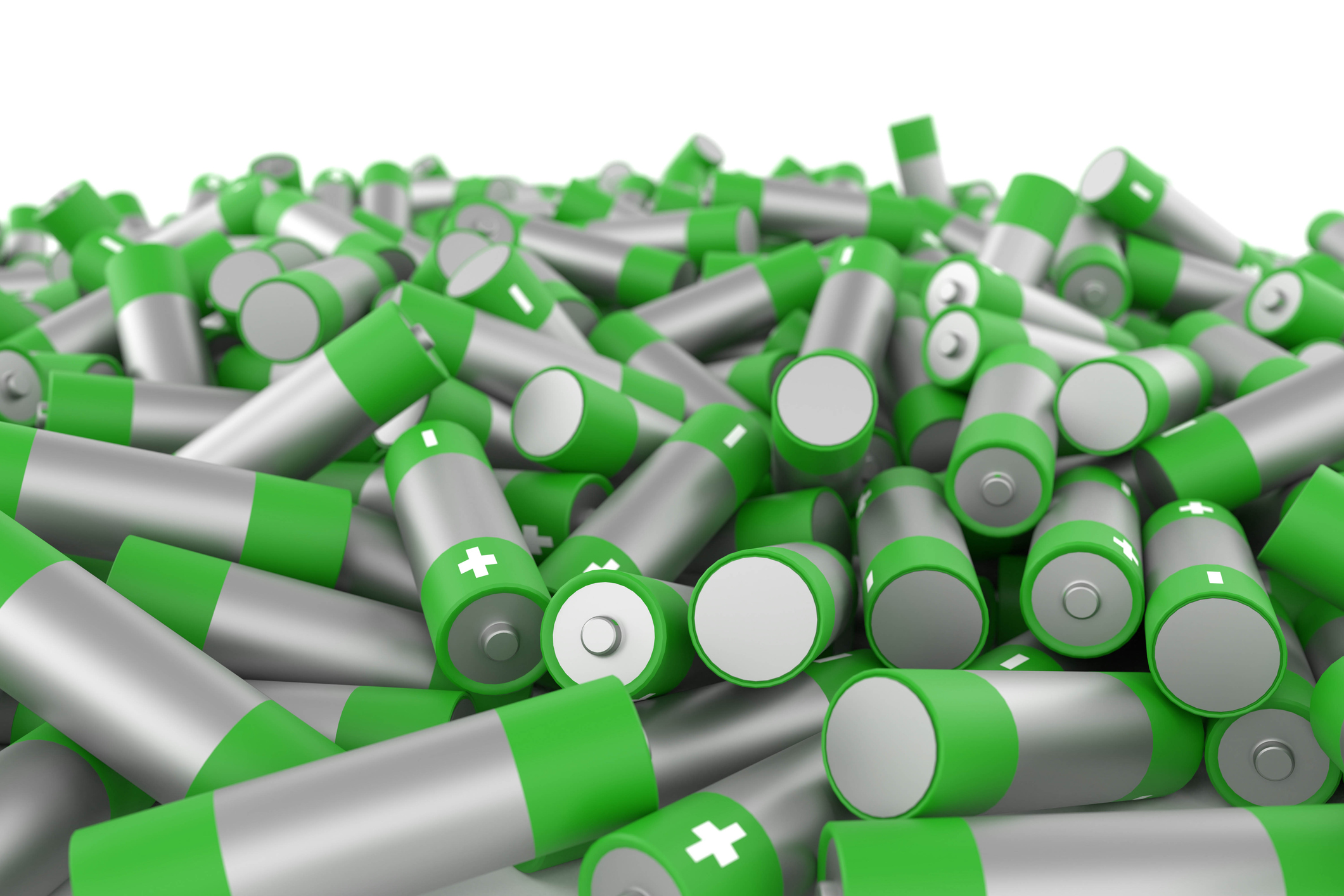Electra and Three Fires Group Advance Canada’s First Indigenous-Led Battery Recycling Joint Venture

According to a joint announcement by Electra Battery Materials Corporation and the Three Fires Group, the two parties have made significant strides in advancing Aki Battery Recycling, which is being recognized as Canada’s first Indigenous-led lithium-ion battery recycling initiative.
As reported on Electra’s official channels, the Aki joint venture, launched in 2024, aims to establish a low-emission, closed-loop solution for processing end-of-life EV batteries and production scrap. The initiative is designed to support domestic critical mineral supply chains while reducing Canada’s dependence on overseas processing, particularly in Asia.
Key Developments
According to public disclosures, key milestones include the formal establishment of the Aki entity, with Reggie George, a member of the Kettle and Stony Point First Nation, appointed as President, and Andre Marais as Director of Strategy & Corporate Development. The venture has also shortlisted several technology partners following site visits and due diligence.
Discussions are ongoing with federal and provincial government stakeholders to secure funding for a bankable feasibility study, with the project well aligned to Canada’s clean tech and Indigenous-led infrastructure development programs.
The Aki facility, to be located in Southern Ontario, is expected to process black mass—an intermediate product rich in lithium, cobalt, nickel, manganese, and graphite—generated from dismantled lithium-ion batteries. According to the company, black mass from Aki’s pre-processing site will be refined at Electra’s hydrometallurgical refinery north of Toronto, helping to establish one of the lowest carbon footprint battery recycling chains globally.
Indigenous-Led Circular Economy
Reggie George emphasized that Aki is grounded in First Nations values of environmental stewardship and resource responsibility. “The Aki partnership is rooted in mutual respect, shared benefit, and environmental accountability,” he said. “Through this venture, we are creating long-term opportunities, reclaiming ownership over our resources, and building an economy that is both clean and culturally grounded.”
According to company sources, the facility’s initial processing capacity will support the recycling of battery material from up to 100,000 electric vehicles per year, a figure seen as critical given projections that Ontario alone may produce 30,000 tonnes of battery scrap annually by 2030.
The initiative is unique in that it operates on a long-term tolling agreement model with OEMs, rather than commodity-based bidding. Electra’s VP of Commercial, Michael Insulan, noted that this approach ensures stability, scalability, and protects against volatility seen in the current battery recycling market.
At present, the majority of North America’s black mass is reportedly exported to China for processing. The Aki-Electra partnership aims to reverse this trend by retaining critical mineral value chains within Canada, aligning with national clean energy goals and industrial policy frameworks.
Dr. George Puvvada, Technology Adviser to Aki, concluded that the vertical integration between upstream black mass production and downstream hydrometallurgical refining offers “greater efficiency, traceability, and recovery rates” tailored to OEM specifications.
Source: Electra Battery Materials






